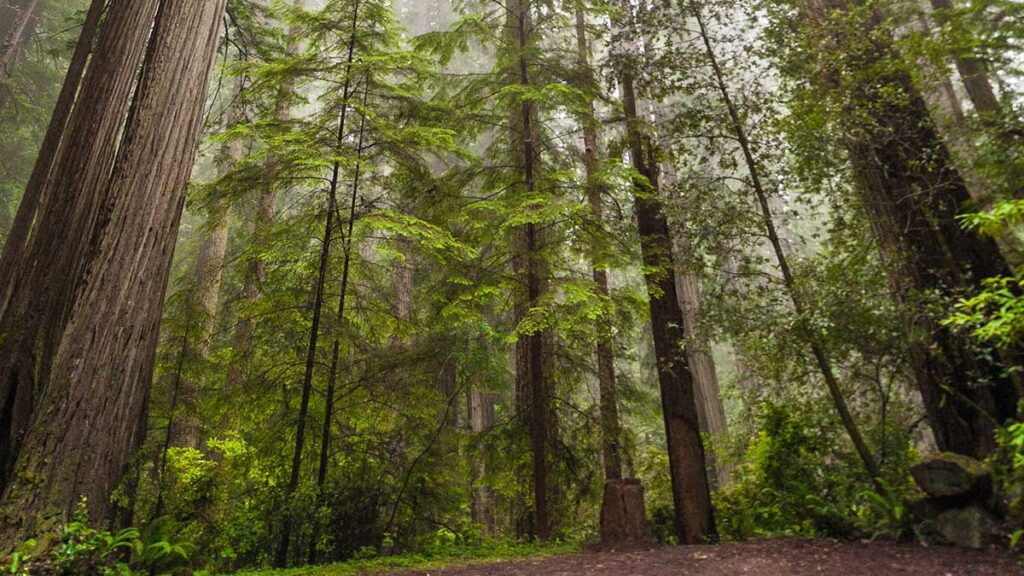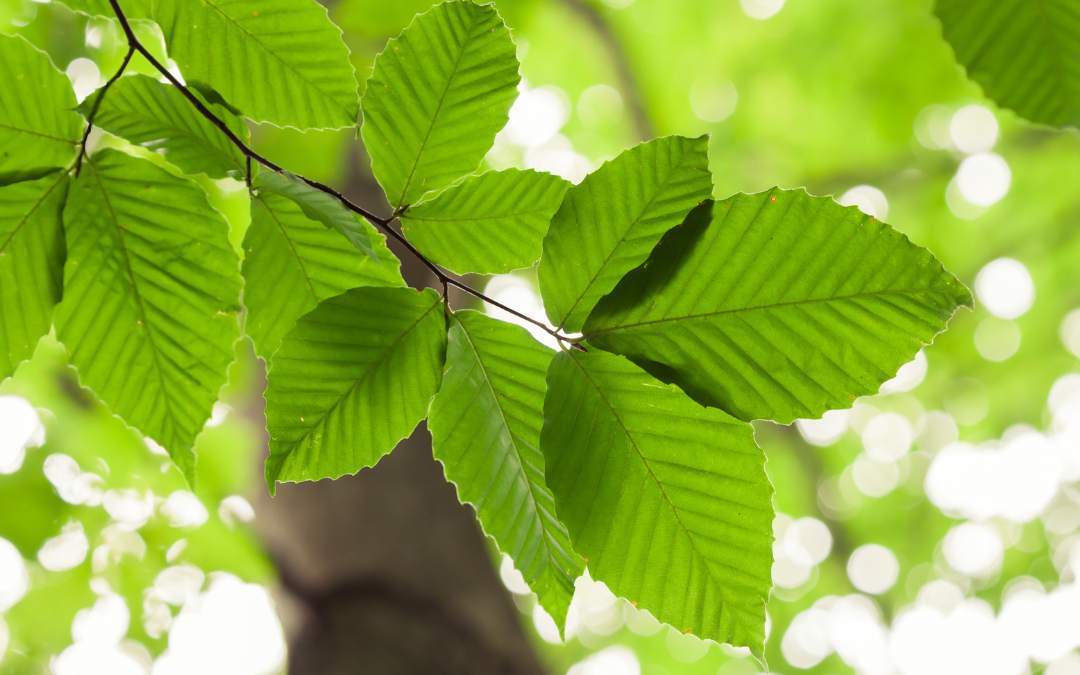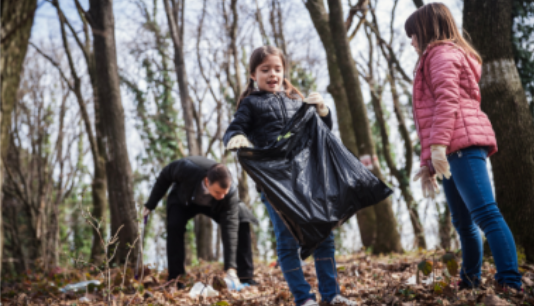
Licensing a Forest With Changing Times
After they told their stories, I asked them, “How would you explain the sources of your commitment to protect the environment? What personal experiences turned you in this direction and inspired you to pursue it?” The two most frequent answers were the same in each country: positive experiences of natural areas in childhood and adolescence and family role models.
These experiences don’t just apply to personal feelings regarding the environment; learning experiences in nature are important for success in future academic settings. In the paper “Do Experiences With Nature Promote Learning? Converging Evidence of a Cause-and-Effect Relationship” by Ming Kuo, Michael Barnes, and Catherine Jordan, nature-based instruction is shown to provide gains in academic achievement such as improved reading, math, and writing skills, and personal development such as better critical thinking and problem solving, in addition to the stewardship component cited by Chawla. Learners in a nature-based environment are shown to be more engaged, less stressed, and more self-disciplined. These qualities are some of the most sought-after not only for their time as children, but as the adults they will become. With such an important role for the environment to play in the formation of pro-environmental behaviors and academic success, it is equally surprising to find that the average child in the United States spends 4-7 minutes of unstructured play outside each day.
These experiences don’t just apply to personal feelings regarding the environment; learning experiences in nature are important for success in future academic settings. In the paper “Do Experiences With Nature Promote Learning? Converging Evidence of a Cause-and-Effect Relationship” by Ming Kuo, Michael Barnes, and Catherine Jordan, nature-based instruction is shown to provide gains in academic achievement such as improved reading, math, and writing skills, and personal development such as better critical thinking and problem solving, in addition to the stewardship component cited by Chawla. Learners in a nature-based environment are shown to be more engaged, less stressed, and more self-disciplined. These qualities are some of the most sought-after not only for their time as children, but as the adults they will become. With such an important role for the environment to play in the formation of pro-environmental behaviors and academic success, it is equally surprising to find that the average child in the United States spends 4-7 minutes of unstructured play outside each day.
It’s time for New Jersey to permit licensing strategies that allow Nature-based Early Childhood Programs to serve our communities without mandating physical structures. While educators and families enrolled in these programs know the value of our daily work, we also need to make the benefit of these programs known to a wider audience. We need educators, licensors, legislators, citizens and other supporters of education and nature to work together to make the benefits of NbECE available to all children and families in order to fully reach the potential of the Forest School and Tenafly Nature Center missions.
On Tuesday, June 3, Tenafly Nature Center hosted a professional development workshop focused on the treatment...
Celebrating Earth Month: A Call to Action for Our Planet
April is celebrated as Earth Month, a time to recognize and appreciate our planet while promoting environmental ...









